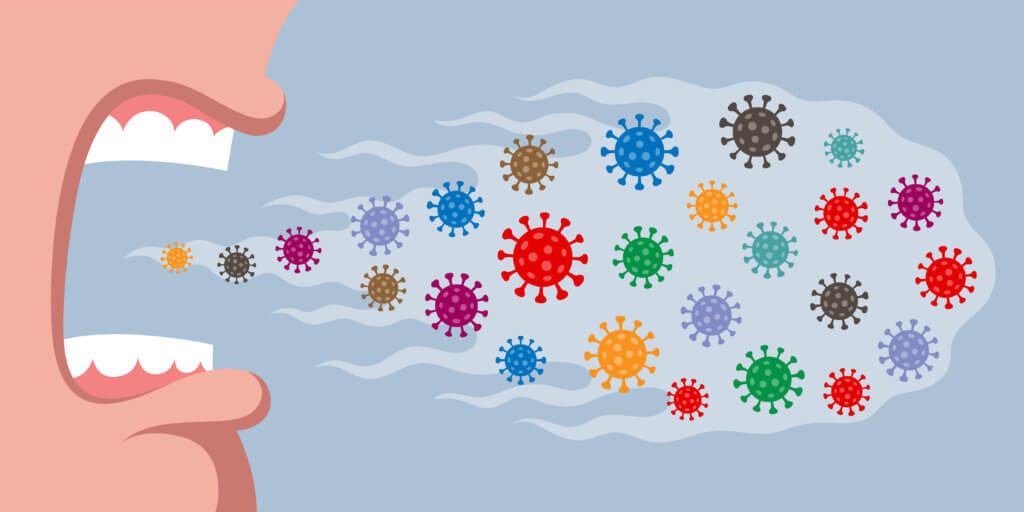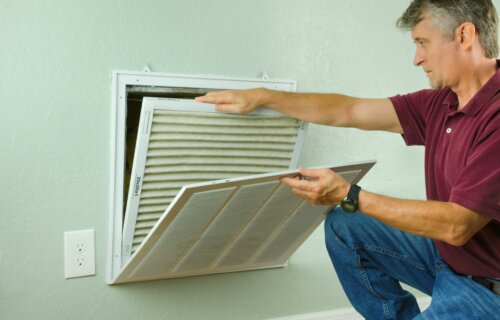NORWICH, United Kingdom — Air filtration systems do not diminish the chances of illness, contradicting their rise in popularity during the COVID-19 pandemic, new research reveals. The study calls into question the effectiveness of these systems in preventing viral infections, labeling the results as “disappointing.”
“Air cleaners are designed to filter pollutants or contaminants out of the air that passes through them. When the COVID pandemic hit, many large companies and governments – including the NHS, the British military, and New York City and regional German governments – investigated installing this type of technology in a bid to reduce airborne virus particles in buildings and small spaces,” says Professor Paul Hunter from the University of East Anglia. “But air treatment technologies can be expensive. So it’s reasonable to weigh up the benefits against costs, and to understand the current capabilities of such technologies.”
The research team examined a variety of technologies, including air filtration and ionizers. They reviewed 32 real-world studies — spanning settings like schools and care homes — that assessed the impact of air treatment technologies on the incidence of microbial infections and related symptoms.

“The kinds of technologies that we considered included filtration, germicidal lights, ionizers, and any other way of safely removing viruses or deactivating them in breathable air,” says Dr. Julii Brainard, the study’s lead researcher, in a university release. “In short, we found no strong evidence that air treatment technologies are likely to protect people in real-world settings.”
Despite some air treatment strategies, particularly germicidal lights and HEPA filtration, demonstrating effectiveness in reducing environmental and surface contamination, they did not correlate with a decrease in illness rates.
“There was some weak evidence that the air treatment methods reduced the likelihood of infection, but this evidence seems biased and imbalanced. We strongly suspect that there were some relevant studies with very minor or no effect but these were never published,” adds Dr. Brainard. “Our findings are disappointing – but it is vital that public health decision-makers have a full picture. Hopefully, those studies that have been done during COVID will be published soon and we can make a more informed judgment about what the value of air treatment may have been during the pandemic.”
The study is published in the journal Preventive Medicine.
South West News Service writer Isobel Williams contributed to this report.


I really hate these articles or studies with titles that are so definitive.
Maybe air filtration doesn’t completely stop Covid, but it helps, and
when we do something to move a technology forward it will get better
and more effective with time.
You have to put all the things together that we know helps us defend
against Covid – or any disease and make the best of it. There are few
100% solutions to anything.